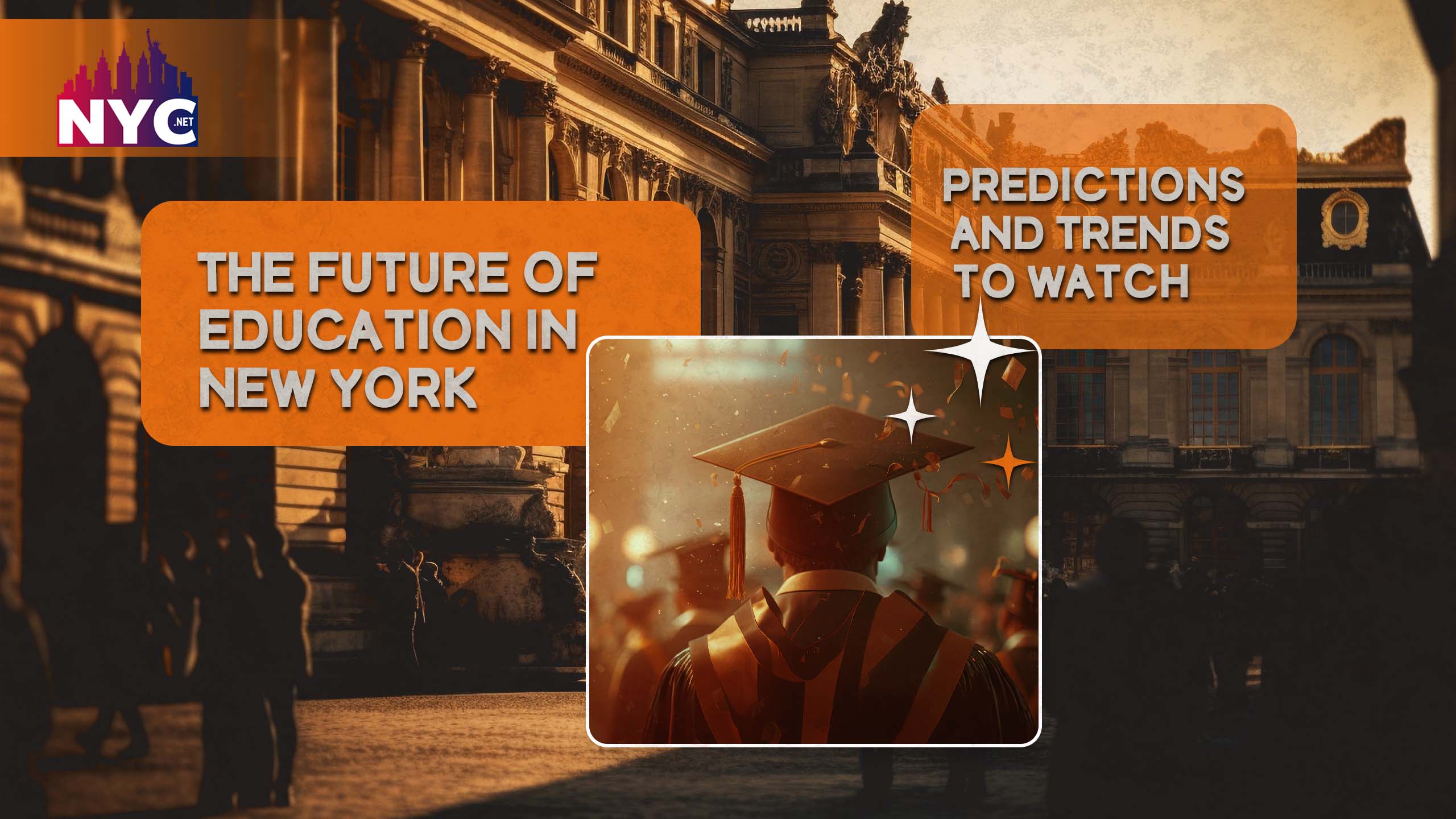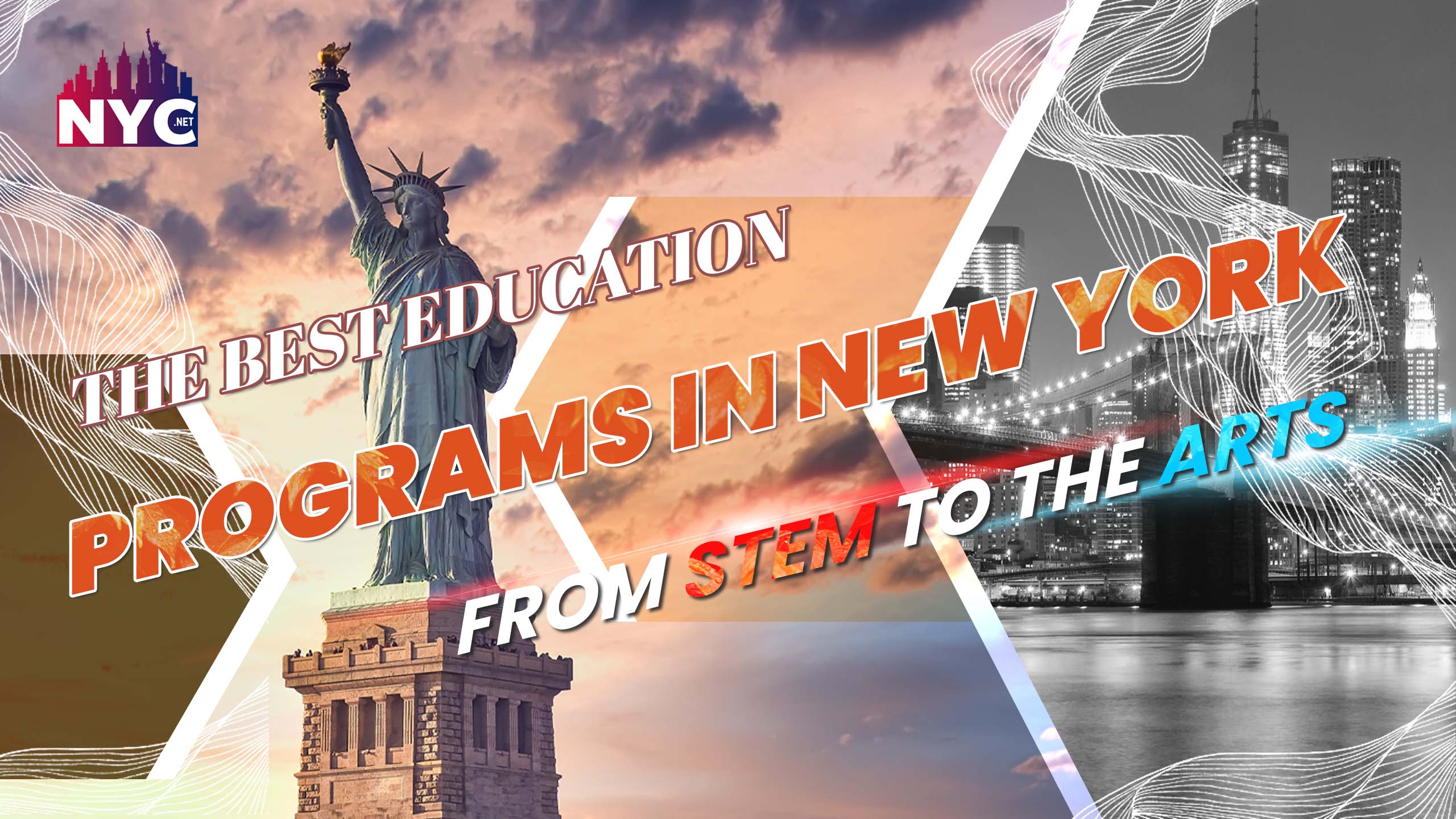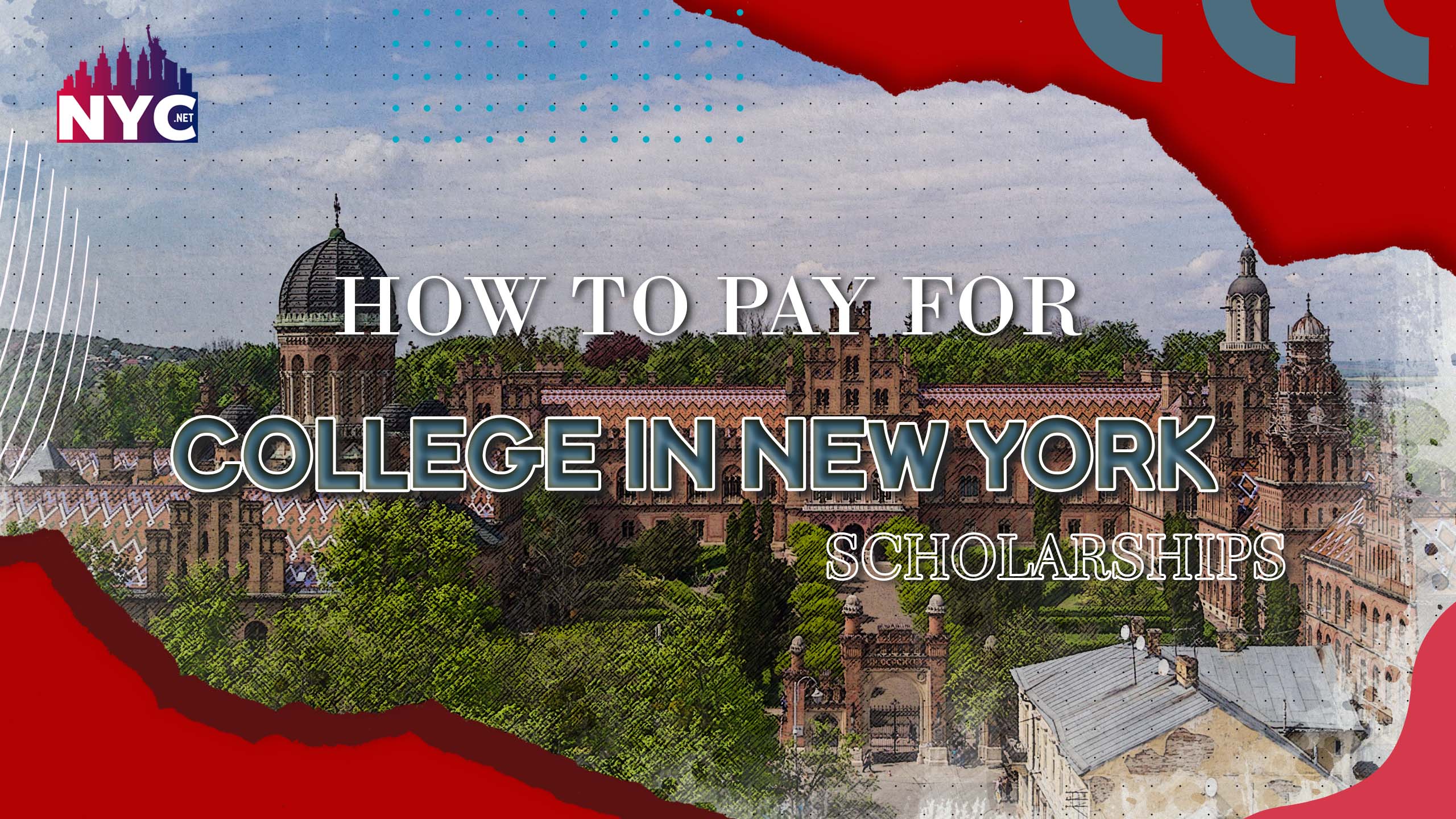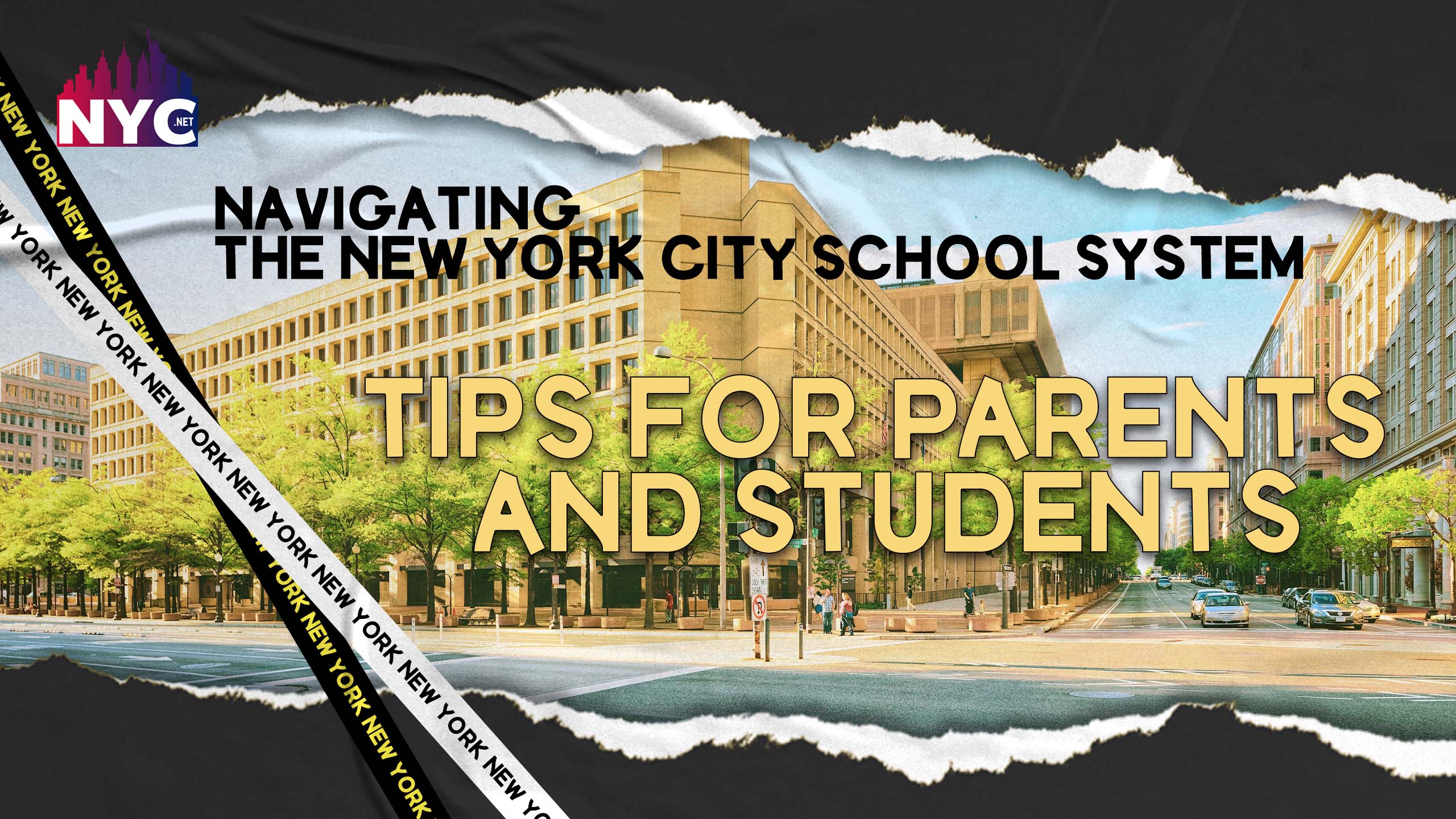Public vs Private Education in New York: Which is Right for Your Child?
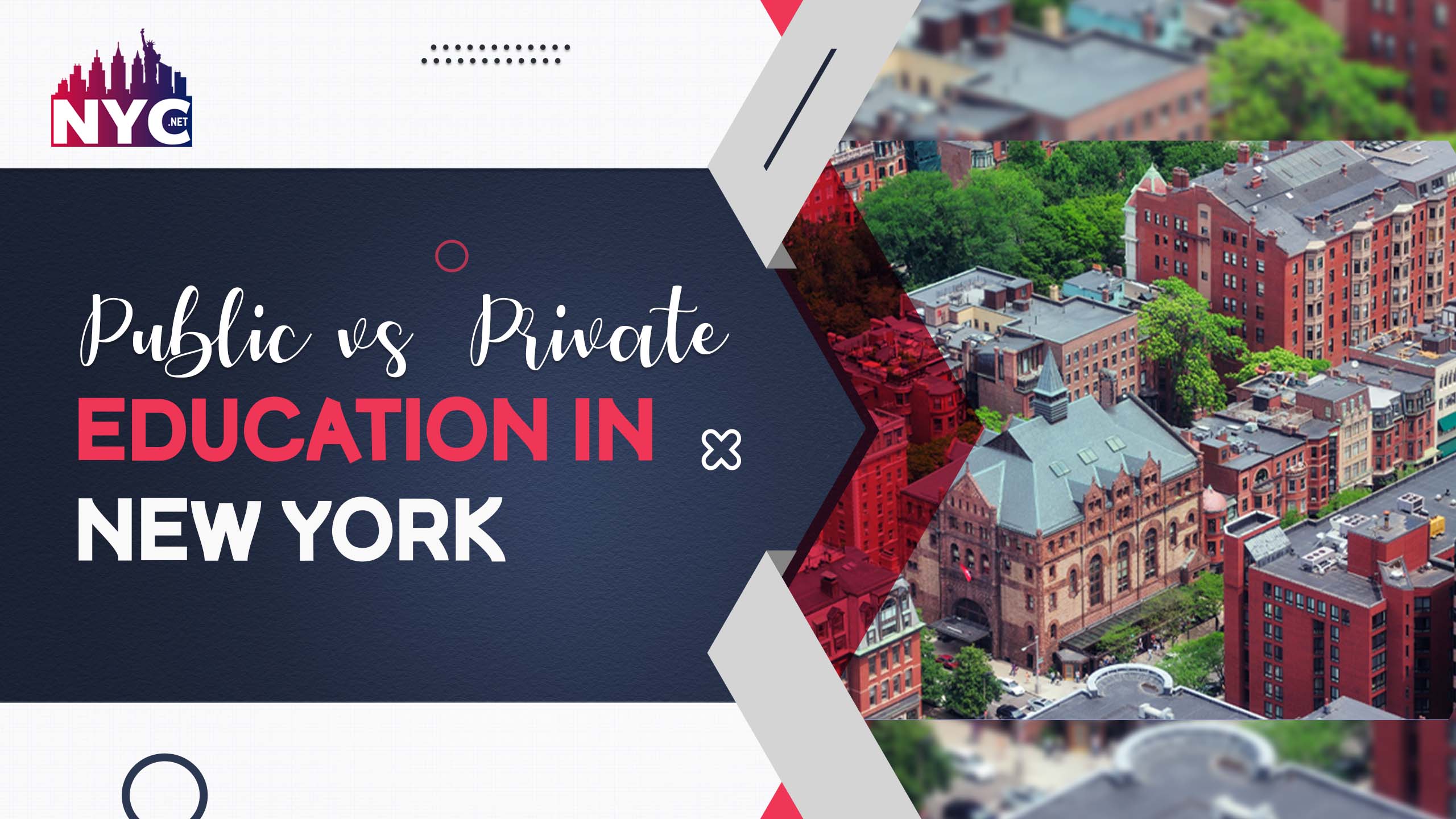
Public vs Private Education in New York
Do you find yourself constantly torn between Public vs Private Education? We get it. The struggle is fundamental to choosing the best educational road for your child. Mainly since his whole future, career, personality, and self-confidence depend on your choice today.
Education is one of the parents’ most important investments for their children. In New York, families have a choice between public and private education. Each option has advantages and disadvantages, and the decision can be difficult for parents. However, this article will explore the differences between public and private education in New York and help you decide which suits your child.
We will educate you about all the details of Public vs Private Education. Moreover, together we will also walk through the things to consider while making the right decision.
Hence, please stick with us till the end to make your decision easier.
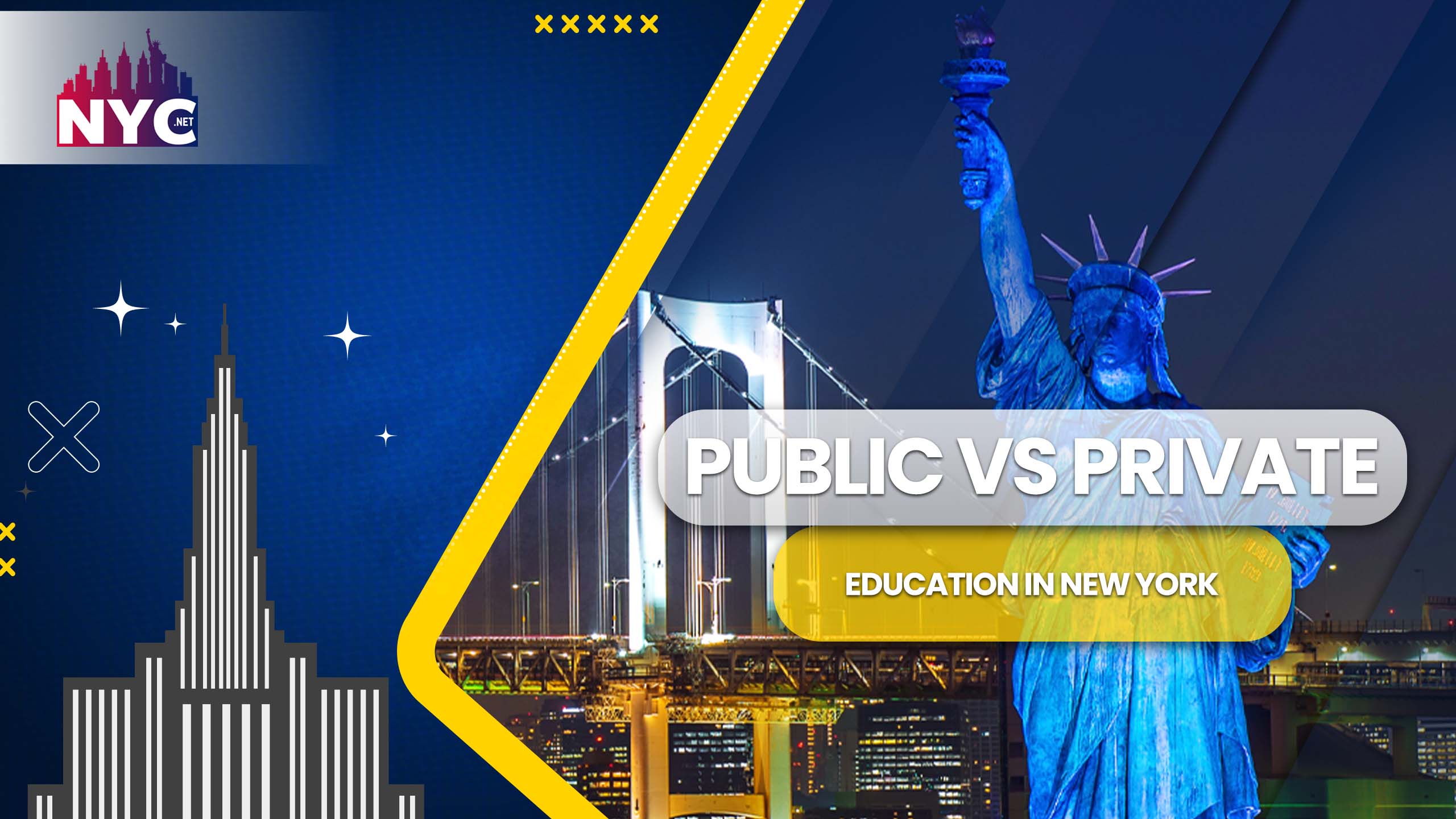
Public vs Private Education;
First and foremost, let’s look at the basic concepts of Public vs Private Education in New York. This will also help you analyse things better the further you read the article.
Public Education in New York:
- The government funds public education in New York, free for all students. Public schools are open to all state residents, regardless of background or income.
- The public school curriculum is standardised and created to satisfy the state’s educational requirements.
- Sports teams, music programmes, and clubs are just a few extracurricular activities in public schools.
Perk of Public Education:
- Firstly, public education is free. This can be a significant factor for families on a tight budget.
- Public schools also have a diverse student population, which can expose children to different cultures and backgrounds.
- Moreover, public schools are also held accountable to state standards, meaning they must provide all students with a certain level of education.
Cost of Public Education:
- However, compared to private schools, public schools could have smaller class sizes and fewer resources.
- Only a few students’ needs might be met by the prescribed curriculum..
- Additionally, some public schools could have teachers that need more expertise and adequate facilities.
- Furthermore, there might be few possibilities for specialised programmes or advanced study.
Private Education in New York:
- The government does not fund private education in New York and requires tuition payments.
- Private schools are selective and require an application process for admission. Moreover, Private school curricula are frequently more demanding and specifically crafted to meet the needs of each student.
- Along with a broad selection of extracurricular activities, private schools often include clubs, music programmes, and sports teams.
Perk of Private Education:
- Furthermore, each student receives more individualised attention under private education.
- Private schools frequently feature more seasoned teachers and lower class sizes.
- Additionally, private schools can access more resources for advanced courses and specialised programmes.
- Private schools often offer excellent facilities and a strong feeling of community.
Cost of Private Education:
- However, private education can be expensive, and not all families can afford the tuition.
- Private schools may also have a less diverse student population, which may limit exposure to different cultures and backgrounds.
- Private schools are not held accountable to state standards, which means there may be more variation in the quality of education.
Public vs Private Education; Factors to Consider
There are many subtle factors to consider when deciding between Public vs Private Education. Many people need to pay heed to these factors. Mind you, that’s the worst mistake you can make.
Your child’s education is not simply an institute you can put them in. Remember, that institute and type of education will ultimately decide who they become.
Therefore, consider the following factors in your debate about Public vs Private Education;
Location: “Consider the school’s site. Public schools are typically found inside the school district’s boundaries and may be closer to your home. The distance to private schools may be more significant, and transportation may be necessary. The location might influence the time and expense of commuting to and from school.
Class Size: Larger class sizes are typical in public schools, making it more challenging for teachers to give each kid the attention they need. Smaller class sizes are prevalent in private institutions, which can result in more individualised instruction.
Academic Programs: Academic programs can highly determine your choice of educational institute. Additionally, Public and private schools may offer different academic programs. Public schools must adhere to state standards, meaning the curriculum may be more standardised. Private schools have more flexibility in curriculum design, which can lead to more specialised programs. Hence, if your child has a particular interest, consider a school that offers programs in that area.
Religious or Cultural Affiliation: Some private schools have a religious or cultural affiliation. A private school may be a good choice if you value a particular religious or cultural education.
However, a public school may be better if you prefer a secular education.
Extracurricular Activities: Such activities can significantly impact a child’s education. Public schools typically provide after-school activities like clubs, sports teams, and music programmes.
Although there may be fewer alternatives at private schools, they could be more specialised and present exceptional chances.
Diversity: The variety of the student body may impact a child’s education. Public schools typically have a more diverse student body, which can expose them to people from other origins and cultures. Advantages and Disadvantages of Public vs Private Education
Furthermore, in our debate, we must discuss the pros and cons of both educational levels. One can only make the right decision by weighing these advantages and disadvantages.
Therefore, here is a brief description of the following:
Advantages of a Public School:
Tuition is Free:
- According to a recent survey, the average private school tuition in New York ranges to $19,761 per year for the 2022-2023 school year.
- However, this increases as your child progress from preschool to elementary and high school.
- Many prestigious and top private institutes in New York charge as much as $60,000 annually. Additionally, this tuition still needs to cover the additional expense of attending a private institute.
However, Public education in New York is free. There are no tuition fees, and the government provides all necessary resources and facilities.
Diversity:
One of the most significant advantages of a public school is its diverse nature. Racially and economically, public schools in New York are varied. Children can engage with kids from all backgrounds, which might help them develop a more tolerant mindset and a broader perspective. They would be more accepting of personal differences, which is a solid quality.
Qualified Teachers:
Teachers must be certified and competent to work in New York’s public schools. This guarantees that children receive a top-notch education from qualified teachers. Many parents overlook this crucial factor. However, the teachers’ competency ultimately determines your child’s competency.
Access to Extracurricular Activities:
Public schools in New York offer a wide range of extracurricular activities, such as sports, music, and clubs. These activities help children develop their interests and talents and build social connections.
Disadvantages of Public Education:
Class Size:
Class sizes in public schools can be significant, making it challenging for teachers to provide individual attention to students who need it.
Bureaucracy:
Public schools are often subject to bureaucracy and red tape, which can limit the ability of teachers to innovate and provide personalised education to students.
Limited Resources:
Public schools in New York may have access to different resources than private schools, such as specialised equipment and technology.
Advantages of Private Education:
Smaller class sizes:
Private schools in New York frequently feature smaller classes, enabling teachers to provide each student with individualised attention and personalise their teaching.
Special Curriculum:
Private schools in New York often provide specialised curricula like Montessori or Waldorf education, which can give kids a one-of-a-kind and personalised educational experience.
Top-Notch Resources:
Private schools in New York frequently have access to higher-quality facilities and resources than public schools. We could provide modern technology, specialised tools, and extracurricular activities not offered in public institutions there.
Parental Involvement:
Private schools in New York often encourage parental involvement in their children’s education. This can provide parents with a greater sense of control and participation in their child’s education.
Disadvantages of Private Education:
Cost:
Private schools in New York can be expensive. Tuition fees can range from several thousand to tens of thousands per year, making it difficult for some families to afford.
Limited Diversity:
Furthermore, private schools in New York are often less diverse than public schools, both economically and racially. This can limit children’s exposure to different perspectives and cultures.
Limited Accessibility:
Lastly, private schools in New York may have admission requirements, making it difficult for some students to gain access. This can limit the educational opportunities available to some students.
What is Right for Your Child?
Hence, In New York, choosing between public and private education is a personal choice based on your family’s values, priorities, and financial situation. The most excellent option for your family may be public schooling if money is a significant consideration. Private schools might be ideal if you value specialised programmes and individualised attention.
Therefore, consider your child’s particular requirements and learning preferences, and compare each choice’s opportunities and resources.
